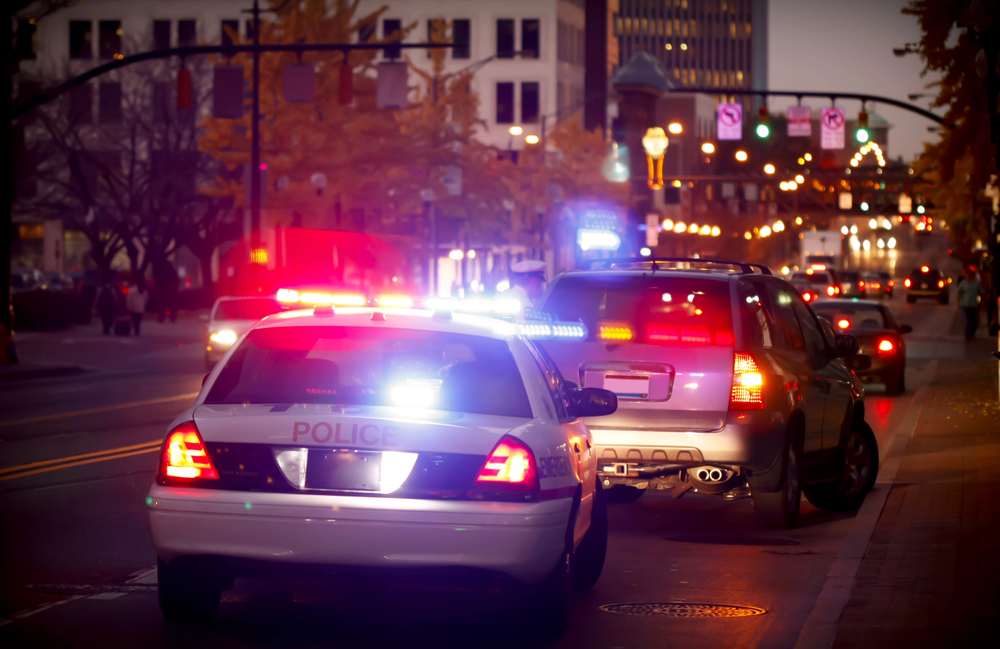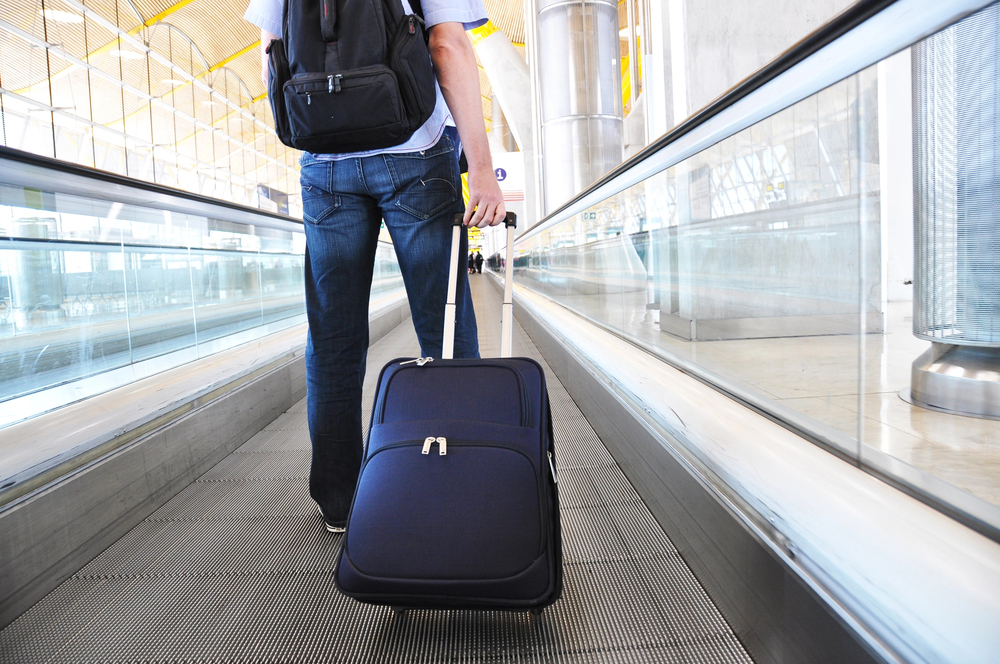Traveling is food for your soul, but not all people and places are friendly and, more importantly, safe. Whether you’re an experienced traveler or about to go on your first trip abroad, here are things you should keep in mind, from how to act in certain situations to how to avoid scams.
Locals know more than you
To truly experience a culture, you should connect with the locals. They will recommend the best places to eat and visit and give you a taste of tradition, but they could also help you with your safety. When in doubt, ask around. Whether it is about a specific place or time of the day, locals will inform you because most do not want anything bad to happen to you.
Overpacking
Where you go does not matter because the goal is to pack lightly. Most of the time, you will want your belongings with you, especially if you embark on an adventure, not merely a 5-star resort vacation. The more staff you have, the more you have to lose.
Emergency cash
The most important things while traveling are not shoes or fancy dress pants. They are your passport, credit cards, and emergency cash. Divide your money into two categories: carry one portion on you and leave the rest with your passport in a hotel or hostel in a safe. As for your cards, do not forget to notify your bank that you’re leaving the country.
Plan your arrival
Whether you’re traveling by car, bus, or airplane, avoid arriving in the middle of the night if possible. Streets are never safe, but you are even more vulnerable in a new country or city. You have to get to the hotel, scan the area, and get the vibe of the place, and at night, that’s not possible.
Plan B
Plan B means adapting to various situations, from canceled flights to closed roads. Trip stacking, concierge assistance, and travel insurance are essential to your travel contingency plan. To improve your safety, write down embassies or consulates in the countries you intend to visit.
Scan what the laws
Many countries have laws you might find strange, but Google is your friend. Check out which laws are most likely to affect tourists in the country you’re traveling to. For example, Tylenol is banned in Japan because the narcotic or stimulant ingredients are excessive compared to the country’s standards.
Copy your documents
Double-check if you took everything you need: your passport, ID, driver’s license, credit cards, etc. Also, make copies of your documents so you don’t have to panic if something happens to them, especially your passport. Do not leave your documents unattended, which could lead to identity theft.
Phone troubles
Your phone is necessary, and it should always be with you. However, do not post in real time because it is like inviting thieves into your home. Secondly, do not overshow it in public, especially in places overcrowded with tourists. Someone could just walk past you and take it. Keep it secure in your pocket, take a photo briefly, and move on. One might think: it’s just a phone. However, it is also where all your contacts are stored, your maps, it is your lifeline.
Don’t do what you wouldn’t do at home
If you don’t want to overburden yourself with safety topics, stick to one rule: do not do what you wouldn’t do at home. This includes taking rides from strangers, walking solo at night, especially if you’re a woman, and leaving your drink unattended. It is always safer in groups, but do not behave recklessly even then because the price can be too high.
Travel scams
From card skimmers to fake Wi-Fi, created to steal your data, there are too many scams to count aimed at travelers. Some will try to sell you fake tickets, and others will give you a bracelet or something resembling a gift, only to create chaos and accuse you of theft. They could take your money or, in worse scenarios, take your belongings while you’re trying to pay them to avoid embarrassment.
Jet lag can affect your judgment
Not everyone deals with jet lag similarly, so what works for one person might not work for you. If you’re experiencing jet lag, it can lead to fatigue, impaired judgment, and reduced performance. Take a good rest before you start exploring an area, especially if it is a remote spot or if you are on your own. Instead of overbooking your trip with an unrealistic itinerary, give your body and mind time to adjust to the new place.
Always check for travel warning
Every state issues travel warnings, so read them carefully, cross-check them with other states or countries, and make a decision based on travel advisories instead of ignoring them. Similarly, check for local traditions and the weather – everything that can potentially make your trip more challenging or less safe.






